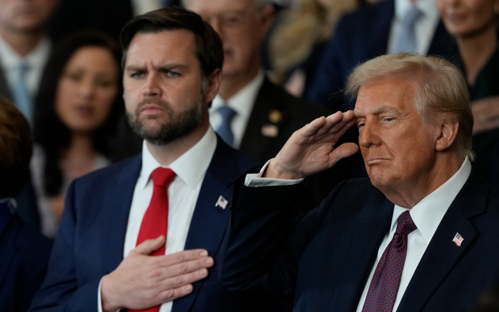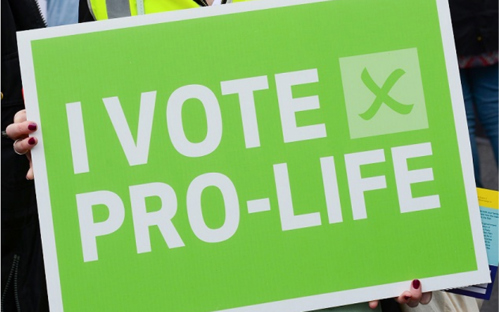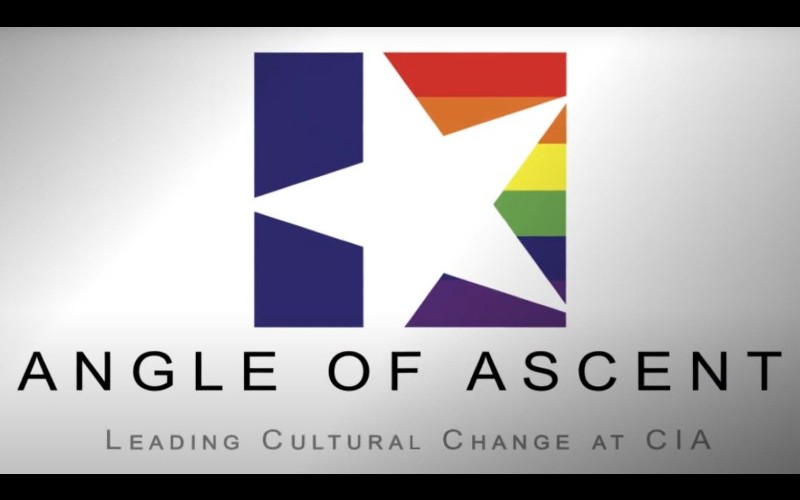Dr. A.J. Nolte, chair of the Government Graduate Program at Regents University, told the Washington Watch program Christians now have an opportunity to influence foreign policy for the 47th president.
Their focus, Nolte believes, needs to be on life issues and on foreign aid. Trump’s "America First" policy doesn’t have to mean all others are last. The two, he said, can thrive side by side.
“Christian conservatives in the United States tend to have a strong domestic focus where policy is concerned," Nolte wrote last week in his paper outlining important foreign policy priorities for Christians in Trump’s second term.

"Still," he wrote, "conservative Christians have made substantial contributions to U.S. foreign policy in areas including human rights, national security, and international development."
The issue of life, at the front of thought for many Christians, has been misunderstood in U.S. foreign policy through the years, Nolte told show host Tony Perkins.
Through different executive actions, Trump has advanced the pro-life cause several ways early in his second term.
He’s pardoned 23 pro-lifers prosecuted by Joe Biden’s Department of Justice. He’s reinstated The Mexico City Policy while also strengthening The Hyde Amendment, standing law that forbids the use of taxpayer dollars for abortion in America. Strengthening Hyde meant overturning two Biden executive orders aimed at expanding access to abortion.
Mexico City Policy: Make it law
The Mexico City Policy simply forbids the U.S. from funding abortion overseas.
Foreign non-governmental organizations that provide, promote or refer individuals for abortions receive no U.S. funding when the policy is in effect.
Since its inception under Ronald Reagan in 1984, The Mexico City policy has been in or out largely on a party line vote.
Some conservative lawmakers would like it to become law while Republicans hold the White House and both houses of Congress.
Nolte says Republicans would benefit by taking this discussion to the floors of Capitol Hill where Democrat lawmakers would be forced to articulate their opposition.
 “Let’s dare the Democrats to say that it’s in the national security interests of the United States to pay for abortions in foreign countries using taxpayer dollars,” he told show host Tony Perkins. “It’s not prohibiting healthcare for vulnerable women who are pregnant.”
“Let’s dare the Democrats to say that it’s in the national security interests of the United States to pay for abortions in foreign countries using taxpayer dollars,” he told show host Tony Perkins. “It’s not prohibiting healthcare for vulnerable women who are pregnant.”
One mindset that has distorted U.S. foreign policy in the past is the belief that there are too many people in the world – that’s way off he mark now as global birth rates have dramatically declined – and that overpopulation leads to under development, Nolte said.
“People are the ultimate resource, and population growth ultimately leads to economic growth and even better environmental conditions, as some demographers and economists have demonstrated,” Nolte said.
Instead of looking at more children and life as a problem, policy should consider more children as the solution to a problem, a positive, Nolte said.
He said the U.S. should consider Israel’s growth and its support for life.
 Israel promotes a culture that supports higher birth rates through cultural and policy initiatives and other means.
Israel promotes a culture that supports higher birth rates through cultural and policy initiatives and other means.
Its birth rate remains the highest among most developed nations at 2.9 children per woman compared to 1.8 in Mexico and France and 1.67 in the U.S.
“We, from a Christian perspective, believe that if you start from a sanctity of life perspective that promotes human flourishing and actually gets you quality of life. So, it's a fundamental worldview difference, and it's time to recalibrate the U.S. government's view on that,” Nolte said.
Christians should also encourage Trump to emphasize religious freedom “not as just a human right but also as something that promotes security, stability and human flourishing around the world,” Nolte said.
Friction between USAID and faith groups
Christians also need to play a role in humanitarian aid, Nolte said, and he’d like to see reform in USAID, the United States Agency for International Development which aims to end extreme poverty. Established in 1961, it’s active in more than 100 countries.
It’s a group that’s been extremely hostile to assistance from faith groups.
Faith-based groups for years have provided disaster relief, food banks, pregnancy counseling, emergency financial assistance and an array of other services at no cost.
“The people that are the most efficient at providing global aid are faith-based organizations, and we have to absolutely mobilize them (28:58) and give them a seat at the table in terms of foreign aid,” Nolte said.







